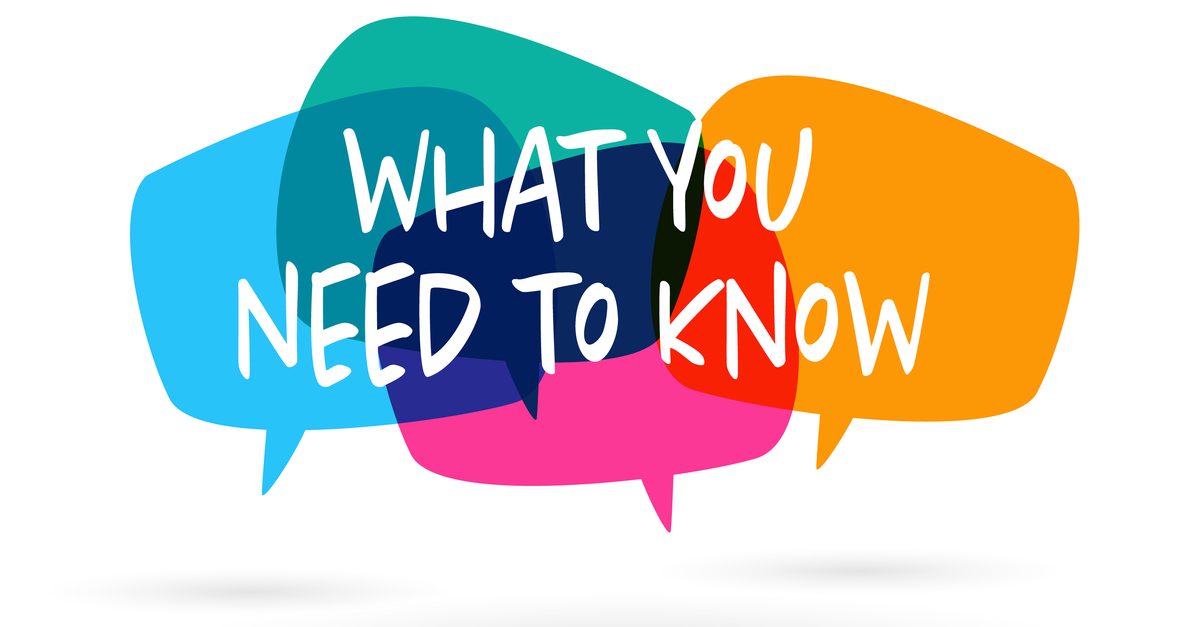Even though Do Not Call (DNC) lists can feel like a hindrance to business growth for outbound call centers and telemarketing companies, they are designed to protect the customers from scammers and being bombarded with too many calls. That’s why there are a number of regulations in place surrounding DNC lists, their existence and the customers’ ability to place themselves on those lists. But requirements for call centers go beyond simply having the list in place. Here’s what you need to know about DNC compliance.
Your company must have a written policy surrounding your use of DNC lists and how you are remaining compliant with any and all DNC requirements that apply to your business. The reason it needs to be in writing: If a customer requests a copy of your DNC policy, you must have the procedures in place to send it to them in a timely manner. Likewise, you must provide training to all your employees on what these policies are and procedures that are in place to monitor and enforce them. There are laws that essentially say that if someone were to quiz your agents on how to respond to DNC requests, they need to be able to ace it.
You should have multiple avenues in place for adding customers to your internal DNC list. These systems are often built into dialer platforms like CallShaper, making it easy for your agents to acquiesce to customer requests. They might be things like a button in the interactive scripting that allows the agent to place a customer on the DNC list during a call or providing the customer with the option to place themselves on the DNC list if they find themselves on an abandoned call or they call into a campaign and there is no one available to answer.
Finally, you should know that while there are many rules around DNC lists, there are some exemptions to them. For example, the federal DNC registry, which should be integrated with your internal DNC list, does not apply to political calls and calls from non-profits and charities. That said, there are steps you can and should be taking to validate the exempt status of your numbers, if that is the case. For wireless numbers, that means things like entering a date/time stamp of inquiry and express written consent information before calling those numbers. In other words, exemptions exist—but you can never be too careful.
To learn more about how CallShaper can help you stay in compliance with DNC and other regulations, reach out to us today.


Leave A Comment